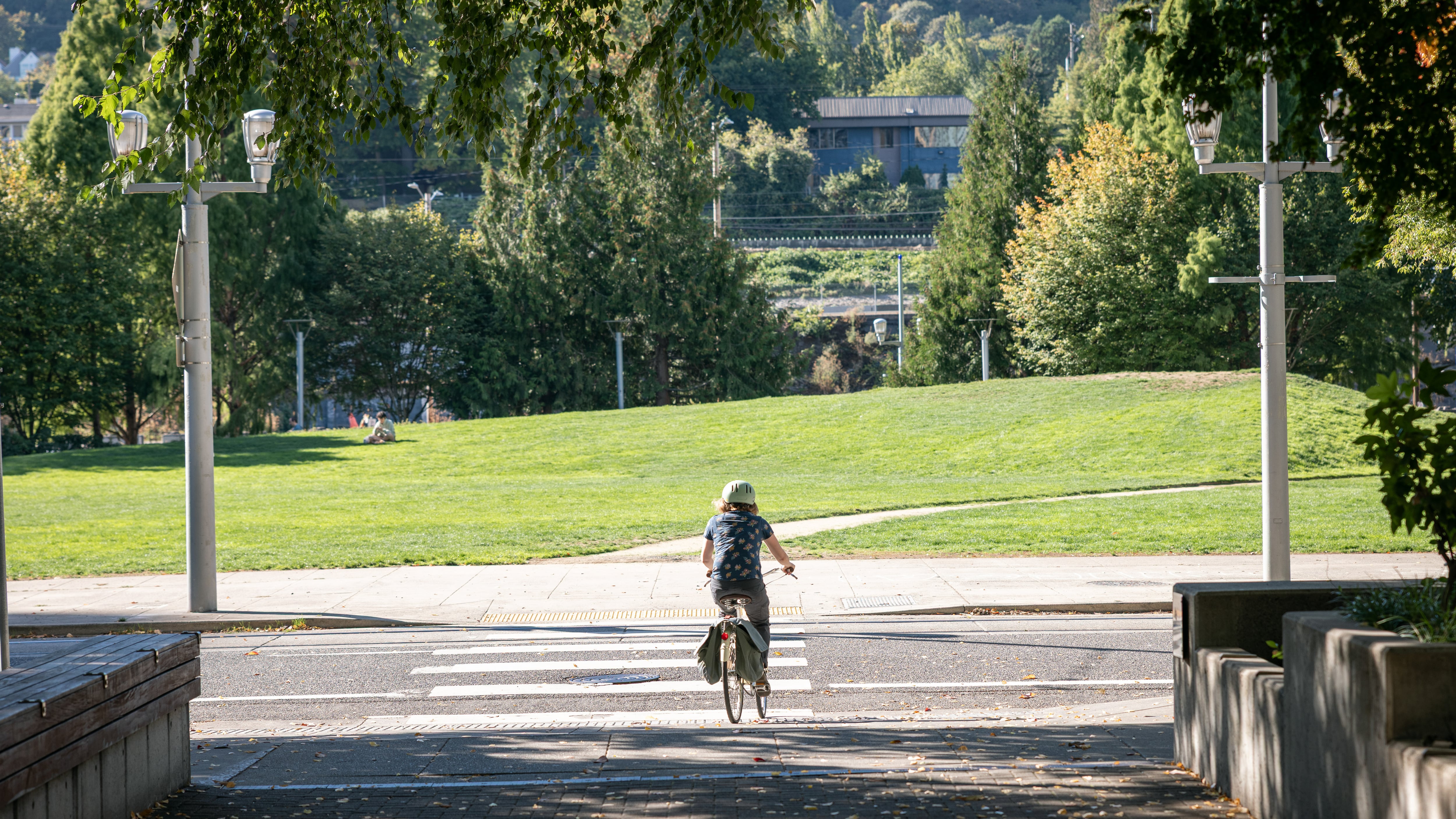In a signal that Portland voters still have some appetite for tax increases to fund core city services, the Parks Levy appears to be well on its way to passage. Early ballot returns in the special election released at 8 pm showed that votes for Measure 26-260 outpace votes against it by a 6-point margin, 53.2% to 46.8%, though many votes are yet to be counted.
The five-year renewal of the city’s existing property tax levy increases the rate of taxation from 80 cents to $1.40 per $1,000 of assessed value.
Supporters of the levy have warned that without the extra money, Portland Parks & Recreation would be forced to drastically cut its programming and risk falling even further behind on maintaining the city’s parks. The parks bureau has struggled for years to stanch a quickly increasing deferred maintenance problem, which the city auditor just recently said hamounted to somewhere between $550 million and $800 million. (Only a fraction of the levy will fund maintenance; the vast majority goes to operations and staffing.)
But that audit, released the same day ballots began arriving in mailboxes, also confirmed that for years the bureau and past city councils had opted to expand the parks system, adding new assets even as the city knew it couldn’t maintain its existing ones—demonstrating a lack of fiscal responsibility.
Only one city councilor, Dan Ryan, who oversaw the parks bureau as a city commissioner for two years of that spending, announced his opposition to the levy just four days before Election Day. He had voted to refer the measure to the ballot in July alongside all 11 of his colleagues.
Referral of the levy was a politically fraught process, as the new City Council haggled with the Portland Metro Chamber—the local chamber of commerce—over how much to increase the tax rate. Those negotiations nearly broke down this summer when councilors took some funding that would have increased the police budget and moved it to the parks bureau. Ultimately, both bureaus received funding, which pacified the Metro Chamber and allowed the levy to move forward without significant opposition.
The ballots counted in early returns Tuesday night represent 25% of registered voters. In the days before ballots were due, Multnomah County elections officials said turnout was unlikely to reach 35%—meaning the results released in the first tranche represent most of the ballots cast in an off-year election.

